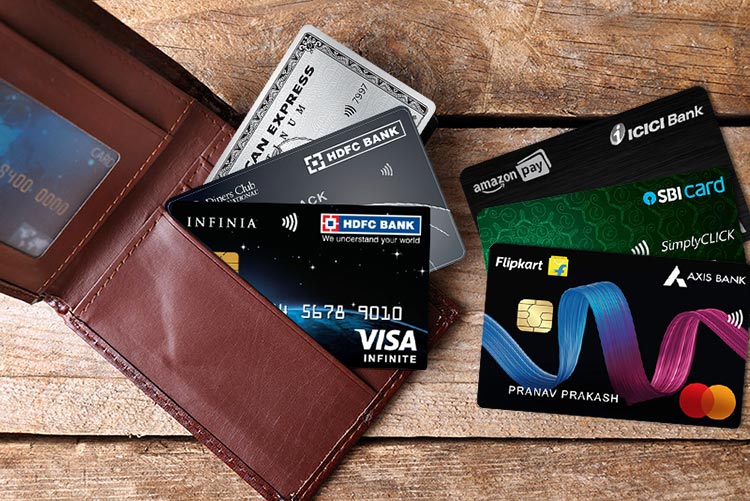Cryptocurrency puts you in control of global financial transactions by offering a decentralized, transparent, and user-driven alternative to traditional banking systems. Unlike conventional financial institutions that act as intermediaries, cryptocurrencies operate on blockchain technology, allowing peer-to-peer transactions that are secure, fast, and borderless. This innovation empowers individuals to manage their own funds without needing approval or oversight from banks or government entities. Whether you are sending money to a friend across the world, investing in digital assets, or making everyday purchases, cryptocurrency gives you the freedom to transact on your own terms. With just a smartphone and internet connection, anyone can access global financial networks, opening the door to economic inclusion for millions of unbanked people worldwide. One of the biggest advantages of using cryptocurrency is its ability to bypass currency conversion fees, delays, and regional limitations that come with traditional systems.

Bitcoin, Ethereum, and other digital currencies enable real-time settlement of international payments without the need for clearinghouses or lengthy verification processes. This speed and efficiency are particularly valuable for businesses and freelancers who rely on cross-border transactions to operate. In addition, transaction histories are recorded on public latest crypto news, making them easy to track, verify, and audit. This enhances transparency and reduces the risk of fraud, giving users greater confidence in every transaction they make. Another powerful feature of cryptocurrency is the level of control and ownership it grants. Private keys, wallets, and decentralized exchanges enable users to store, send, and receive digital funds without giving up control to third-party services. You are not subject to arbitrary freezes, withdrawal limits, or restrictions often imposed by traditional banks. Instead, your digital assets are fully yours to manage, 24/7.
This kind of financial autonomy is revolutionary, especially in regions where inflation, political instability, or banking corruption has eroded trust in the existing financial infrastructure. Moreover, cryptocurrencies encourage innovation and customization. Through smart contracts and decentralized applications Apps , users can create automated financial agreements, access decentralized lending and borrowing platforms, and explore new models of commerce that are entirely powered by code and community governance. This not only puts users in control of how they spend and invest, but also how they participate in shaping the financial systems of the future. In summary, cryptocurrency is not just a new way to pay it is a transformative tool that hands financial power back to the people. By eliminating middlemen, enhancing security, and opening global access, it allows individuals to take charge of their financial destiny in an increasingly digital and interconnected world.





